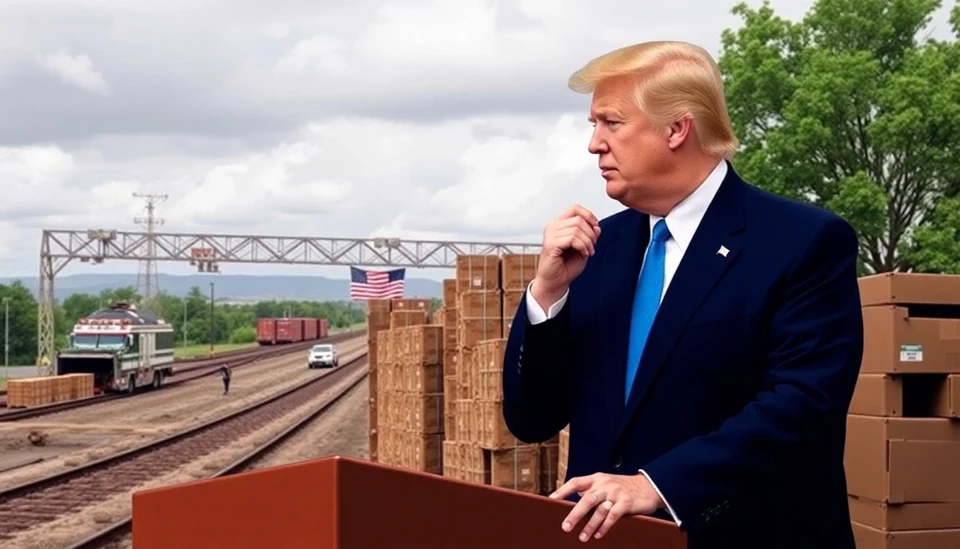
In a surprising legal twist, several small companies have stepped forward to contest the rationale behind former President Donald Trump’s controversial tariffs, initiated during his administration. This lawsuit, filed in a U.S. court, asserts that the tariffs—particularly the sweeping levies imposed on imported goods—are not only harmful to small businesses but are also lacking in legal merit.
The plaintiffs, representing a coalition of small enterprises from various sectors, argue that the tariffs unfairly inflate prices for consumers while placing an undue financial burden on smaller companies that often lack the resources to absorb these costs. “This is not just about the big players in the market; small companies are feeling the brunt of these tariffs,” stated one of the company owners involved in the suit. The lawsuit questions whether the government’s justification for the tariffs meets the legal criteria required under U.S. trade laws.
According to the court documents, the small businesses claim that the imposition of these tariffs has led to increased operational costs, leading some to the brink of closure. The impact is particularly devastating in industries such as manufacturing and retail, where the price hikes on imported materials have left them struggling to remain competitive against larger corporations that can better weather the storm.
During Trump’s presidency, tariffs were justified as necessary measures to protect American jobs and manufacturing, aimed at combatting the trade imbalances the U.S. faced with countries like China. However, the new lawsuit challenges the effectiveness of such measures, suggesting that they have largely failed to deliver on their promises. Furthermore, the plaintiffs are seeking not only a repeal of the tariffs but also damages incurred as a consequence of the policy.
The implications of this legal challenge are significant. If the court sides with the small businesses, it could set a precedent for further legal actions against trade policies perceived as unjust. Additionally, it may open the floodgates for more companies impacted by similar tariffs to pursue litigation, raising questions about the future of trade practices established under the Trump administration.
Analysts are keenly observing the case, highlighting that it could serve as a pivotal moment in U.S. economic policy and trade relations moving forward. As more evidence comes to light regarding the adverse effects of the tariffs on small businesses, the potential for reform in U.S. trade policy becomes increasingly tangible.
As the case unfolds, advocates for small businesses continue to rally around the cause, asserting the need for a fairer trade environment that takes into account the unique challenges faced by smaller enterprises. This legal battle not only underscores the ongoing repercussions of Trump's trade policies but also amplifies the voices of those who feel marginalized by them.
In the coming weeks, all eyes will be on the courtroom as this landmark case progresses, with both economic and political ramifications at stake that could redefine small business dynamics in America.
#TrumpTariffs #SmallBusiness #TradePolicy #Lawsuit #EconomicImpact #USCommerce
Author: Victoria Adams




